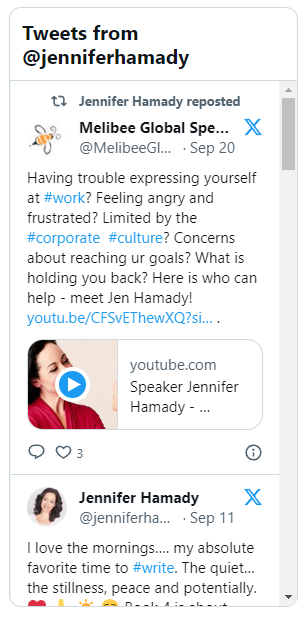Any performance can be nerve-wracking, but there is something about competitions– especially televised ones!– that really ups the ante. I sang backup on American Idol a few years ago and vividly remember how crazy things can get for those young men and women. So much is at stake, so much is on the line… it’s almost impossible to hold it all together, much less to have a wonderful time and savor the experience.
Yet that is exactly what I tell my clients to do. And the only way to do it is by remembering this:
You are talented. But you are not your talent. Your inherent worth has nothing to do with what you do.
What makes you special, unique, and precious is an internal quality– an inherent gift– that is yours forever, no matter what you do, whether or not you ever sing another note.
This should be reassuring to singers, and everyone I work with, for that matter. And it would be… if they believed it.
Our culture does quite a job of blurring the lines between having a talent and being talented.
As a result, we tend to celebrate people for what they do, not for who they are, reinforcing the notion that “it” is more important– and more valuable– than them.
This seems all the more real for those who, at an early age, get too close to this cultural view and start to intertwine their talent with their self-worth. From that moment on, failure is no longer an opportunity to learn and grow. It is the feared confirmation of being truly, completely, and utterly unworthy. Which explains why for so many people, performing and public speaking are nerve-wracking and even traumatic experiences.
It is wonderful to have a talent. But talent is not what makes you wonderful.
Understanding this distinction will give you power, freedom, and the ability to develop and share your talents– and yourself– with joy and without reservation.
To learn more about developing your talent while appreciating and honoring your true self, click here read Jennifer’s books: The Art of Singing and The Art of Singing Onstage and in the Studio.
You Are Not Your Talent originally published in Psychology Today

